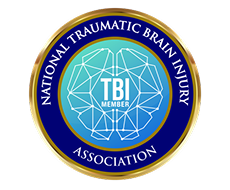Reauthorization of the TBI Act: A Vital Step for Brain Injury Advocacy
In 2025, Congress reintroduced the Traumatic Brain Injury (TBI) Program Reauthorization Act—a crucial piece of legislation that aims to secure continued support for Americans affected by brain injury. Originally enacted in 1996, the TBI Act authorizes federal programs through the Department of Health and Human Services (HHS) to promote prevention, data collection, rehabilitation, and advocacy.
Why Reauthorization Matters
The prior authorization for the TBI program expired on September 30, 2024. Without reauthorization, key grant programs risk losing momentum or funding, including state-based rehabilitation services and legal advocacy systems for TBI survivors. The Brain Injury Association of America (BIAA) has strongly backed the renewal, citing persistent needs for long-term support, data collection, and education.
What the 2025 Bill Proposes
Senators Markwayne Mullin (R-OK) and Catherine Cortez Masto (D-NV), along with other bipartisan members, introduced S. 2898, the Dennis John Benigno Traumatic Brain Injury Program Reauthorization Act of 2025. The bill would reauthorize multiple core grant programs through 2030, including:
- TBI State Partnership Grants — to expand access to community-based rehabilitation and support services.
- Protection & Advocacy (P&A) Grants — to fund legal and self-advocacy services for TBI survivors.
- CDC TBI Program — to support public health efforts, research, and national data collection on TBIs.
Key Improvements in the New Legislation
One of the most significant updates in the 2025 reauthorization is an expanded definition of TBI. For the first time, the legislation would include all acquired brain injuries (ABI)—not just injuries from external trauma—to recognize conditions caused by anoxia, infections, surgery, or vascular incidents. This broader scope helps ensure more survivors can access services under the TBI program.
Additionally, the bill requires a report on whether brain injury should be formally designated a chronic health condition. Within two years of enactment, HHS must review existing evidence and make recommendations to Congress, increasing the visibility of long-term TBI impacts. The legislation also strengthens surveillance, calling for better data collection on brain injury incidence, prevalence, and risk factors.
The Stakes for the TBI Community
Advocacy groups, survivors, and caregivers emphasize that this reauthorization is not just about preserving existing programs—it’s about scaling them to meet growing needs. The BIAA has called for increased federal funding, reduced state-matching burdens, and more inclusive eligibility criteria so that underrepresented populations (like those with non-traumatic brain injuries) are not left behind.
Without this legislation, state-based services for TBI survivors could become fragmented or underfunded, making it harder for people with brain injuries to access long-term support. With reauthorization, the federal government affirms its commitment to prevention, patient advocacy, and evidence-based care.
Conclusion
The reauthorization of the TBI Act represents a critical opportunity for bipartisan collaboration, public health investment, and long-term support for people living with brain injury. By broadening definitions, reinforcing data systems, and securing grant funding through 2030, the 2025 bill could significantly strengthen the national infrastructure for TBI prevention, treatment, and advocacy.
Contribute to the TBI Times





